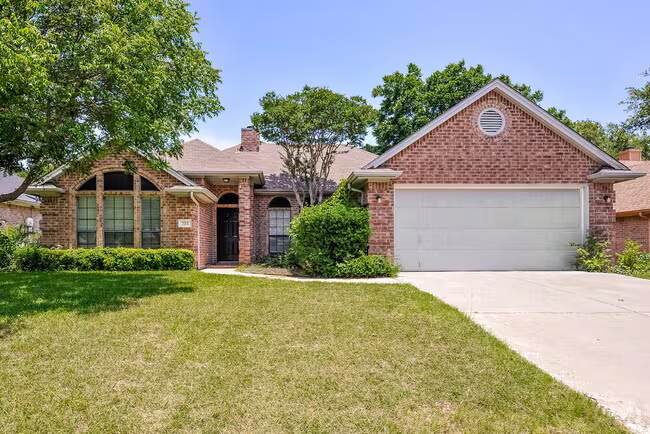Find homes you can afford to rent.
Anúncios
Finding a new place to live doesn’t have to drain your savings. Whether you’re moving for a job, pursuing studies overseas, or aiming for a more budget-friendly lifestyle, it’s important to choose a rental that suits your financial situation. With smart planning and the right approach, you can uncover cost-effective housing options that meet your needs without putting your finances at risk.

Home for Rent (Photo: Reproduction/Zillow)
This guide equips you with practical strategies, clear insights, and professional guidance to help you find rental properties that fit your budget. With the right mindset, your goal of securing affordable housing becomes entirely achievable—because in this journey, confidence is your most valuable tool.
Anúncios
Evaluating Your Budget: The Foundation of Smart Renting
Before diving into rental searches, it’s essential to know your financial boundaries. While it might be tempting to go for the lowest price, selecting a home that aligns with both your needs and your budget leads to greater stability and lasting peace of mind.
Ensure Long-Term Affordability
Finding a low-cost property is just part of the process. You also need to ensure it fits your finances over the long haul.
Plan for the Months Ahead
Anúncios
Evaluate if the rental fits your budget consistently for at least 6–12 months. Avoid stretching your finances just to secure a place quickly.
Consider All Associated Costs
Include utilities, insurance, internet, parking, and service fees in your cost estimates. These often surprise first-time renters.
Try to Negotiate Favorable Terms
Ask if the landlord can reduce rent for long-term agreements or upfront payment. Negotiation can make already affordable places even more cost-effective.
Watch for Added Value
Look for incentives like included furnishings, move-in deals, or utilities covered in rent. These perks help stretch your budget further.
Tips to Stay Within Budget During Your Lease
After securing a rental, responsible financial habits ensure continued affordability and peace of mind.
Set Aside a Housing Budget
Treat rent and related costs as fixed expenses. Automate payments to avoid delays or penalties.
Control Energy and Water Usage
Lower your bills by turning off lights, switching to LED bulbs, and minimizing water waste. These simple steps make a noticeable difference.
Have an Emergency Cushion
Saving 3 to 6 months’ worth of expenses gives you flexibility and security if the unexpected happens.
Understand All Costs Up Front
Carefully read your lease to identify which expenses are covered. Avoid places with excessive or hidden charges.
Final Thoughts
Affordable renting in the U.S. is attainable when you plan wisely and take control of your finances. Budgeting, using the right tools, and being persistent will help you land a property that meets your needs without overstretching your income. Look for a balance of cost, location, and livability to ensure long-term success.
Start by organizing your finances, identifying must-haves, and exploring the rental market systematically. With the right approach, your next affordable home is closer than you think.
FAQs on Budget-Friendly Rentals
- How much should I spend on rent monthly? It’s recommended to spend up to 30% of your gross income for optimal budgeting.
- What are good areas for affordable rent? Look at less central or growing neighborhoods—like parts of Queens or The Bronx in NYC, or the Valley in Los Angeles—for better value.
- Does shared housing really save money? Yes. Splitting rent and bills with roommates can cut your costs by half or more.
- What should I look for in an affordable rental? Check for small units, included utilities, low fees, and areas with decent safety and amenities.
- Can I negotiate for better rent? Definitely. Ask about move-in incentives or lease discounts—being a reliable tenant strengthens your case.




